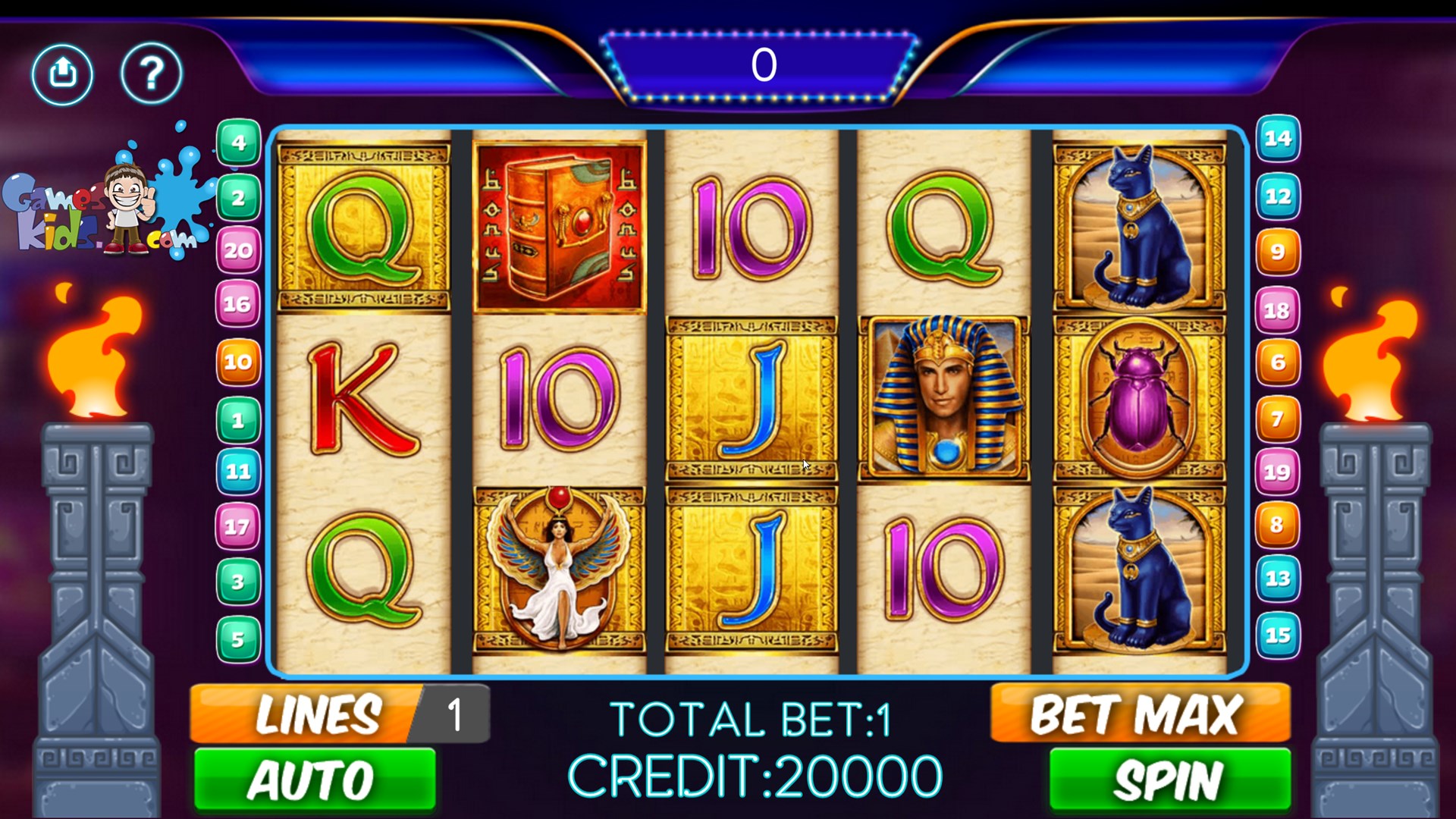What is a Slot?

The slot is a narrow opening, hole, or groove in which something can be placed. It can also refer to the space on a computer for storing data or to a position in a line or row. The word is also used as a verb, meaning to place or fit something into the proper position. For example, you can slot a filter into a coffee maker. Other similar words include slit, aperture, vacancy, and niche.
Penny slots are designed to be extra appealing, attracting players with their bright lights and jingling jangling. Unlike some of the more sophisticated games, penny slots offer simple game mechanics and a high payout frequency. In fact, their negative expected value can make them quite profitable if you are smart about your bankroll and use a sensible strategy.
While many players are tempted to play penny slots at casinos, they need to be aware that these machines can be very addictive. The best way to protect your bankroll and have a positive experience is to limit your time playing these games. The only way to ensure that you are not wasting your money is to set limits for yourself, such as a maximum bet per spin or a specific number of spins.
Another important consideration when playing penny slots is your game configuration. While some online slot games allow you to choose the number of paylines you want to run with during a spin, others have fixed numbers that can’t be changed. This can be an advantage or disadvantage depending on your preference and the types of bonuses you’re looking for.
Most modern slot machines use microprocessors to assign different probabilities to each symbol on the reels. This can trick players into thinking they are close to hitting a winning combination, but the odds of that happening are still extremely low. In addition, many slot machines have bonus features that can be triggered by landing certain symbols, such as wilds and scatters. These features can increase your chances of hitting a jackpot and are worth exploring.
In the context of air travel, a slot is an authorization to take off or land at a particular airport on a certain day during a specified time period. Airlines use these slots to avoid repeated delays caused by too many aircraft attempting to land or take off at the same time. If you are a frequent traveler, it’s worth checking your airline’s website to see if you can reserve a slot ahead of time. This may help you save time and stress in the long run.